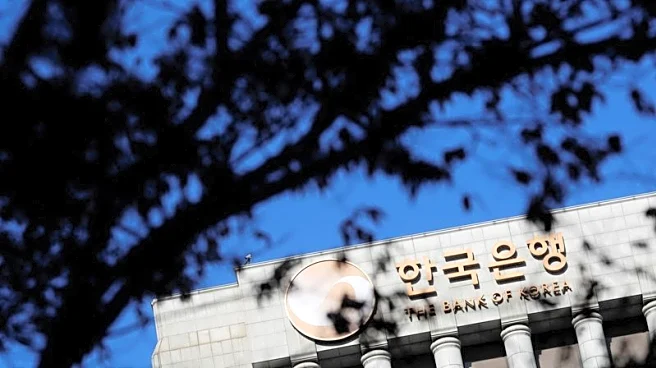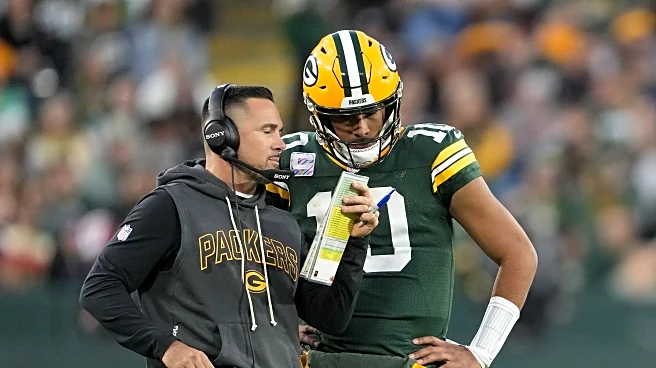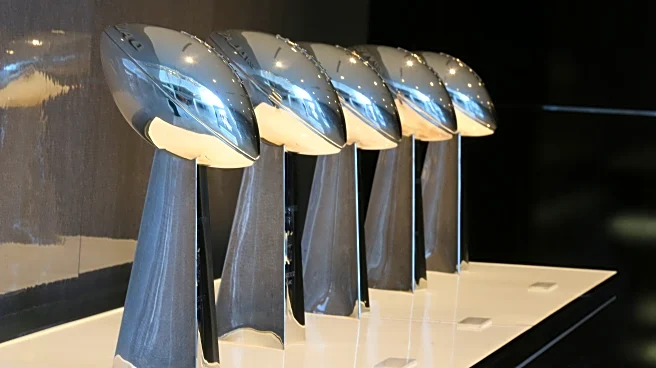Rapid Read • 7 min read
U.S. special envoy Steve Witkoff reportedly misunderstood a land swap proposal from Russian President Vladimir Putin, leading to confusion among European leaders. Witkoff initially conveyed that Russia was willing to withdraw from the Kherson and Zaporizhzhia regions in exchange for Ukraine ceding Donetsk and Luhansk. This proposal startled European leaders, as it diverged from their understanding of Russia's intentions. Witkoff later clarified that Putin was not offering to withdraw from these regions. The incident highlights Witkoff's lack of diplomatic experience, as he attended the meeting without a State Department notetaker, breaking protocol.
AD
The misunderstanding underscores the complexities and sensitivities involved in diplomatic negotiations between the U.S., Russia, and European allies. It highlights the potential for miscommunication to derail peace efforts and the importance of clear and accurate diplomatic channels. The incident also raises concerns about the U.S. administration's approach to foreign policy, particularly in high-stakes negotiations involving territorial disputes. The confusion may impact the credibility of U.S. diplomatic efforts and influence future negotiations with Russia.
Following the clarification, diplomatic efforts are likely to focus on re-establishing clear communication channels and ensuring that future negotiations are conducted with proper protocol. The U.S. may need to reassure European allies of its commitment to a coordinated and transparent approach to the Ukraine conflict. Additionally, there may be increased scrutiny of Witkoff's role and the broader U.S. strategy in handling the situation.
The incident highlights the challenges of balancing diplomatic engagement with strategic interests in complex international conflicts. It raises questions about the role of non-traditional diplomats in high-stakes negotiations and the potential risks of deviating from established diplomatic practices.
AD
More Stories You Might Enjoy












